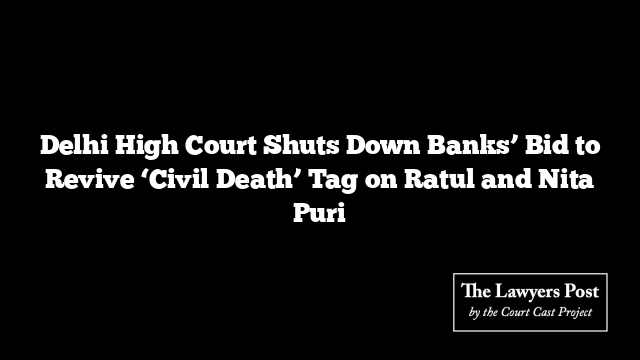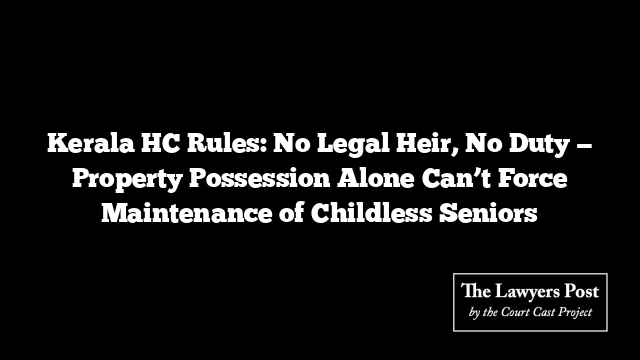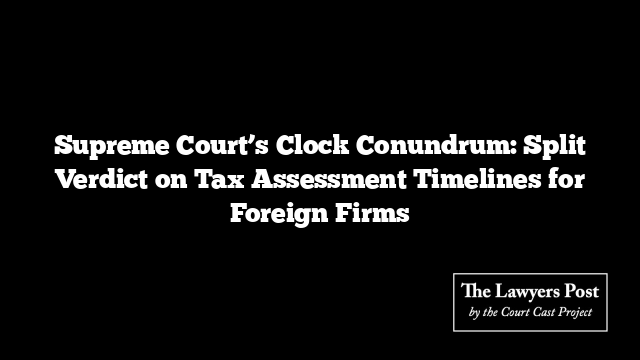In a sharp rebuke to two major lenders, the Delhi High Court has refused to resurrect the “wilful defaulter” label pinned on Ratul Puri, former director of Moser Baer India Ltd (MBIL) and Moser Baer Solar Ltd (MBSL), and his mother Nita Puri—calling the banks’ case legally hollow and factually unsupported.
A Division Bench tossed out appeals by Bank of Baroda and Punjab National Bank, siding with an earlier Single Judge ruling that had dismantled the classification. The judges made it clear: unless banks can prove, with verified and objective evidence, that borrowed funds were intentionally and calculatedly siphoned or diverted, the dreaded tag cannot stick.
The case stretched back to the companies’ 2012–13 financial crisis, when MBIL and MBSL were placed under the Corporate Debt Restructuring mechanism. At that time, lenders themselves recorded that investments in subsidiaries like Helios Photo Voltaic Ltd came from internal cash, private equity, and foreign currency bonds—not bank loans. The restructuring packages were approved without any forensic audit.
Years later, after insolvency hit, the banks tried to reverse course, leaning heavily on forensic audit reports that, ironically, admitted the source of funds had not been verified. On that shaky foundation, they issued show-cause notices branding the Puris as wilful defaulters.
The High Court was unimpressed. It noted that what lenders had long accepted as legitimate business strategy could not be retroactively recast as malfeasance without fresh, solid evidence. Forensic audits lacking crucial factual verification, the Bench said, carried “little credibility” and could not form the basis for such a grave designation.
Other accusations—ranging from interest-free deposits to lease agreements—were brushed aside as commercially sound and fully disclosed during restructuring.
The judges underscored the weight of the label, likening it to a form of “civil death” that cripples access to credit, damages reputations, and invites possible criminal proceedings. Not every missed repayment, they stressed, is wilful—only deliberate and calculated misconduct qualifies.
With no such intent proven, the appeals sank without trace, leaving the Puris’ names cleared and the banks’ arguments in tatters.





